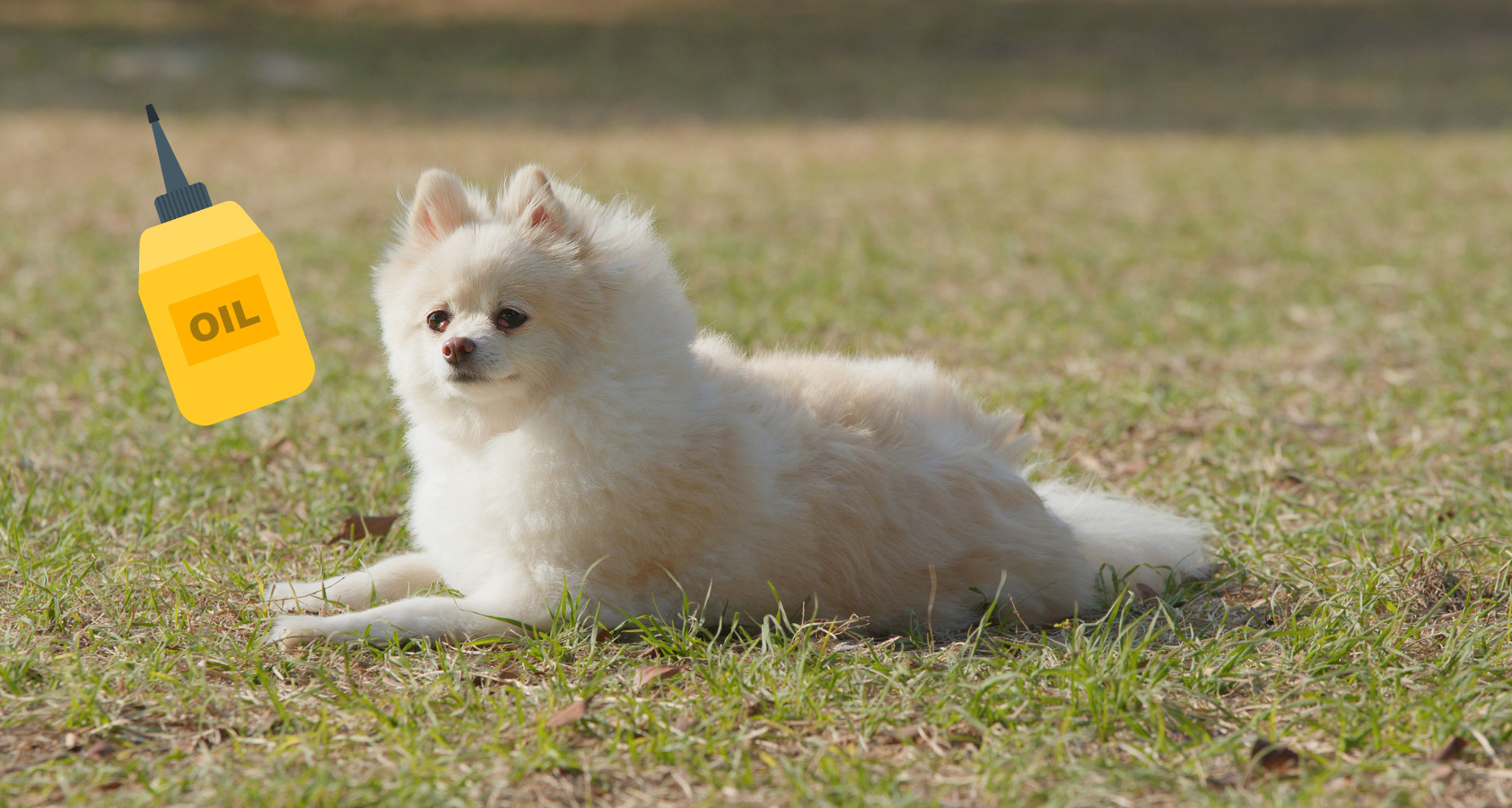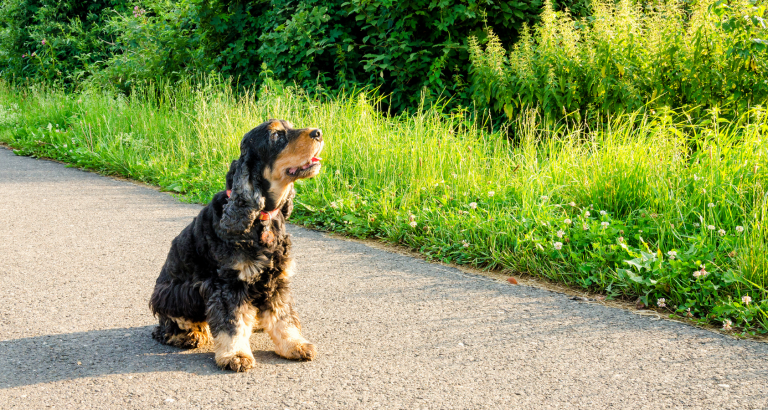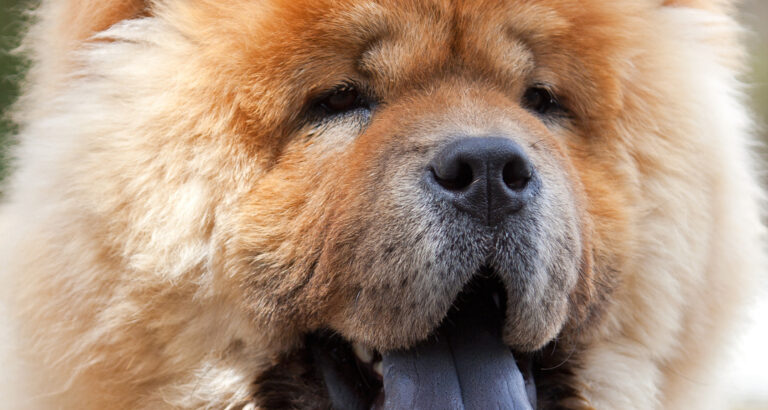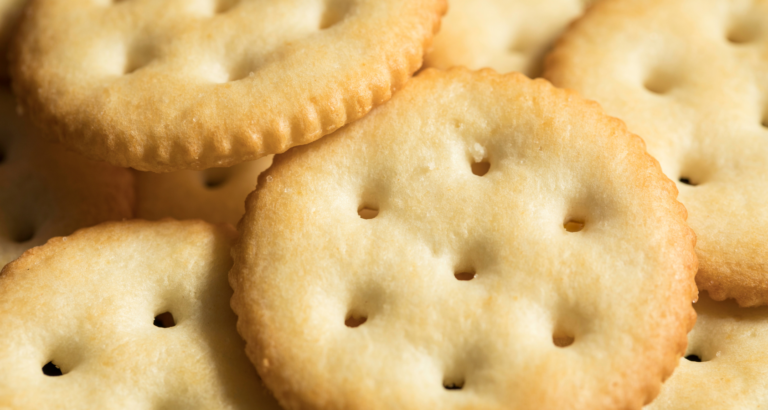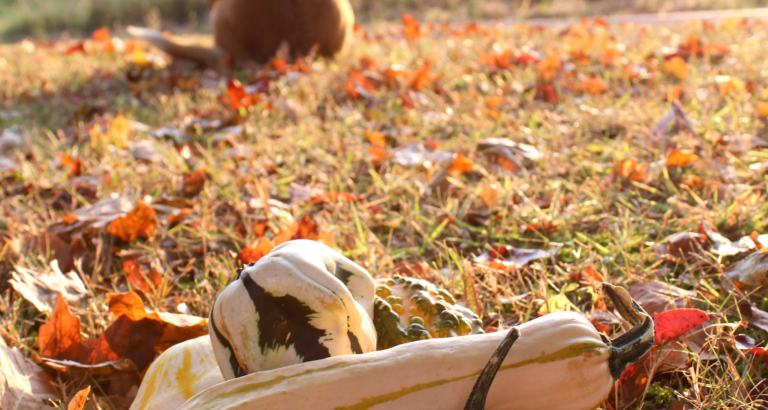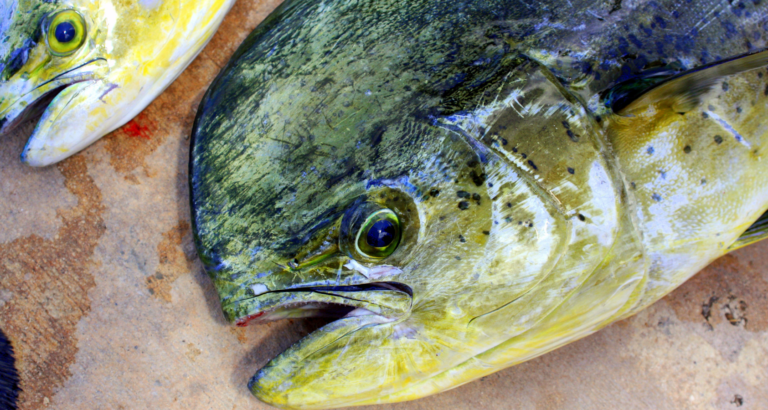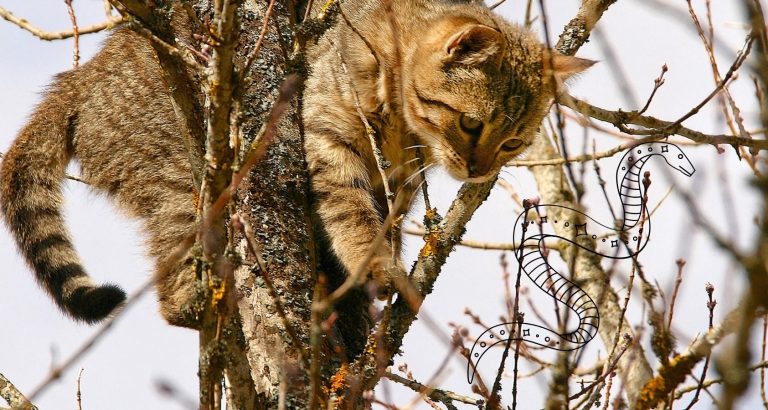My Dog Ate a Bunch of Grease, Will He be Sick?
Last updated on March 20th, 2023 at 03:41 pm
Reading Time: 6 minutesThis post may contain affiliate links. If you click and buy we may make a commission, at no additional charge to you.
My Dog Ate a Bunch of Grease, Will He be Fine?
A dog eating grease is never something you want to see happen, but it’s not uncommon. In fact, even the most muscular dogs have their weaknesses, and some foods put them at risk more than others.
Quick Answer:
If your dog ate grease in a large amount, you need to take it seriously, as it is not a regular healthy meal for pets. It is full of fats and can put your dog at risk of digestive issues, bloating, and obesity. Dogs frequently eating a large amount of grease are at more risk of pancreatitis, which may prove fatal.
So, let’s look at what happens when a dog eats a grease or rich fatty meal and how you can help him in these situations in the future. There are also ways you can help your pet get through this and come out stronger on the other side.
What Is Grease & Why Is It Dangerous For Dogs?
The grease found in the kitchen, on cooking oils, and on animal fat is the same chemical compound, but it is different depending on its source. Though it may seem pretty harmless, it can be very toxic for dogs in large quantities.
This is because it is high in fat, which can cause digestive issues and even pancreatitis in dogs. Pancreatitis is an excruciating and potentially fatal condition. It causes the pancreas to swell and fill with digestive enzymes, which can affect organ function and even result in death in extreme cases.
This can happen even after eating a small amount of grease. There are other chemicals in grease that can also be harmful. Onions, garlic, and preservative can also cause major digestive issues in dogs. These are especially dangerous when eaten in large quantities and with other greasy foods.
In addition to being dangerous, fats are not very nutritious, and dogs do not require them in their diet. Dogs are meat eaters, and their diet should be primarily meat-based to meet their nutritional needs.
What Happens When a Dog Eats Grease?
Dog owners intentionally feeding their dogs with greasy food are unaware of the consequences. They regularly feed their dogs with table scraps, or many times dogs steal from the kitchen. Regardless of how the dog comes in contact with greasy food, he may struggle to digest it.
So, when a dog eats grease, it causes a few significant issues, including:
Digestive Issues
First and foremost, it leads to a lot of vomiting. This is often the first sign of digestive issues in dogs. If your dog is vomiting, remember what he ate in the last 24 hours. It is essential to know what he ingested before you take him in to be examined. Vomiting can also cause your dog to become dehydrated, so be sure to pay attention to this.
If you notice your dog is vomiting a lot, acting lethargic, or seems very weak, you should take him in to see a vet immediately.
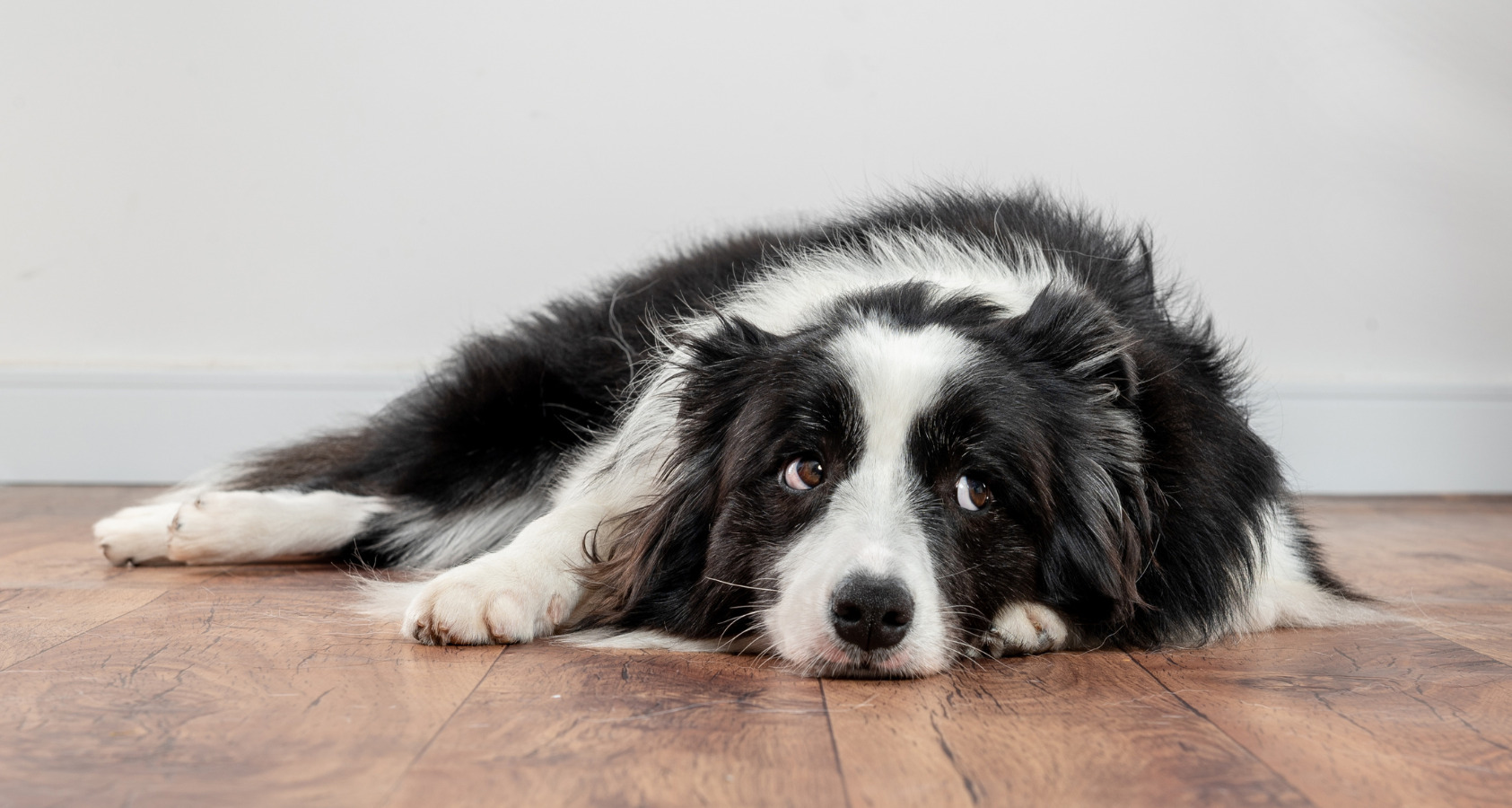
Pancreatitis
Another issue that can arise from large amounts of grease in the diet is pancreatitis. Pancreatitis is a condition in which the pancreas becomes inflamed due to high levels of fat intake. This is a very painful issue that can be fatal if left untreated. If your dog has eaten a lot of grease, it is essential to watch for signs of pancreatitis for treatment.
The signs of pancreatitis include:
- Nausea
- Vomiting
- Fever
- Lethargy
- Abdominal pain
- Diarrhea
- Appetite loss
- Dehydration
Bloating
Bloating in dogs is common after consuming a large amount of grease, leading to severe health complications. The main problem with grease is that it reduces the digestion rate, and the stomach will not empty as quickly. This, in turn, may lead to a bloated stomach and is a highly uncomfortable situation. Bloating is more common in older dogs or breeds with large chests and narrow waits like German shepherds, Great Danes, Rottweilers, and Pit bulls.
Obesity
Obesity is one of the outcomes of grease eating habits in dogs that remain invisible unless significant problems are triggered in the body. You cannot immediately notice the effect of obesity, but gradually, your dog gains weight and becomes lethargic. You already know obesity is the root cause of other interlinked problems like heart attack, joint problems, and diabetes. So, it is right to say that grease can result in many health issues.
How to Help a Dog That Ate a Lot of Grease?
We could just write this all out in a paragraph, but what’s better than bullet points?
- If your dog has eaten a large amount of grease, you want to monitor him for signs of pancreatitis.
- It is essential to keep track of the amount of fat your dog consumes, especially if they have issues with pancreatitis.
- If he is lethargic, has a high temperature, or is vomiting, you must take him to the vet. They can perform blood tests to see if he is suffering from pancreatitis there. If so, they can either administer treatment or recommend that you have him put down.
- If he has not eaten grease and is just suffering from digestive issues, they can prescribe antibiotics, anti-inflammatory medications, or even fluids if he is dehydrated.
- If he is vomiting, they may also recommend feeding him only light, easily digestible food until he feels better.
Can Grease Poison Dogs?
This is a short answer.
Yes, dogs can be poisoned by grease. If they eat enough of it, it can cause them to suffer from pancreatitis. This can be fatal in extreme cases. If your dog has eaten a lot of grease and is showing symptoms of pancreatitis, it is crucial to take him to a vet. If he does not receive treatment, he could die.
Tips To Prevent a Dog from Eating Grease Again
If you are worried about your dog eating grease again, you can do a few things.
- First, keep all cooking oils and fats out of your dog’s reach. Store them in a high cabinet that he cannot access. If he can get to them, he can consume a large amount of grease in just a few bites.
- It is also vital to ensure you keep your dog occupied while cooking. If bored, the dog may try to sneak some of your cooking greases.
- If you notice that your dog likes the taste of grease, there are some additives you can add to his food that will make it taste gross.
- You can also add cayenne pepper to his food to make it taste terrible. If he has already eaten some grease, you mustn’t punish him. He is unlikely to understand why you are being harsh. He is also unlikely to learn from his mistake. Instead, ensure you get him help and offer him some tasty treats when he feels better.
- If your dog tends to eat the greasy meal that they should not be eating, you can try putting something that smells bad near it to deter them. You can also try keeping fatty food out of their reach if you have problems with keeping them out of the trashcan
Conclusion – Is Grease Harmful to Dogs?
Dogs love the classic grease taste, but it can be very harmful to them. Grease is high in fat and can cause digestive issues and pancreatitis in dogs. It can be dangerous for dogs to eat grease, but there are ways to help your dog if this happens. If you notice your dog likes the taste of grease, there are ways to make it taste bad, so he does not eat it again.
About The Author
I'm a content writer and researcher. But bottom line, I loveee animals. I had my first animal which was a guinea pig at age 8. Later had a bunny, dog and a lot, a lot of fish. Writing about what I know about pets will allow me to share my knowledge and love for them with everyone else. Dealing with dogs my entire life, I know a lot.

